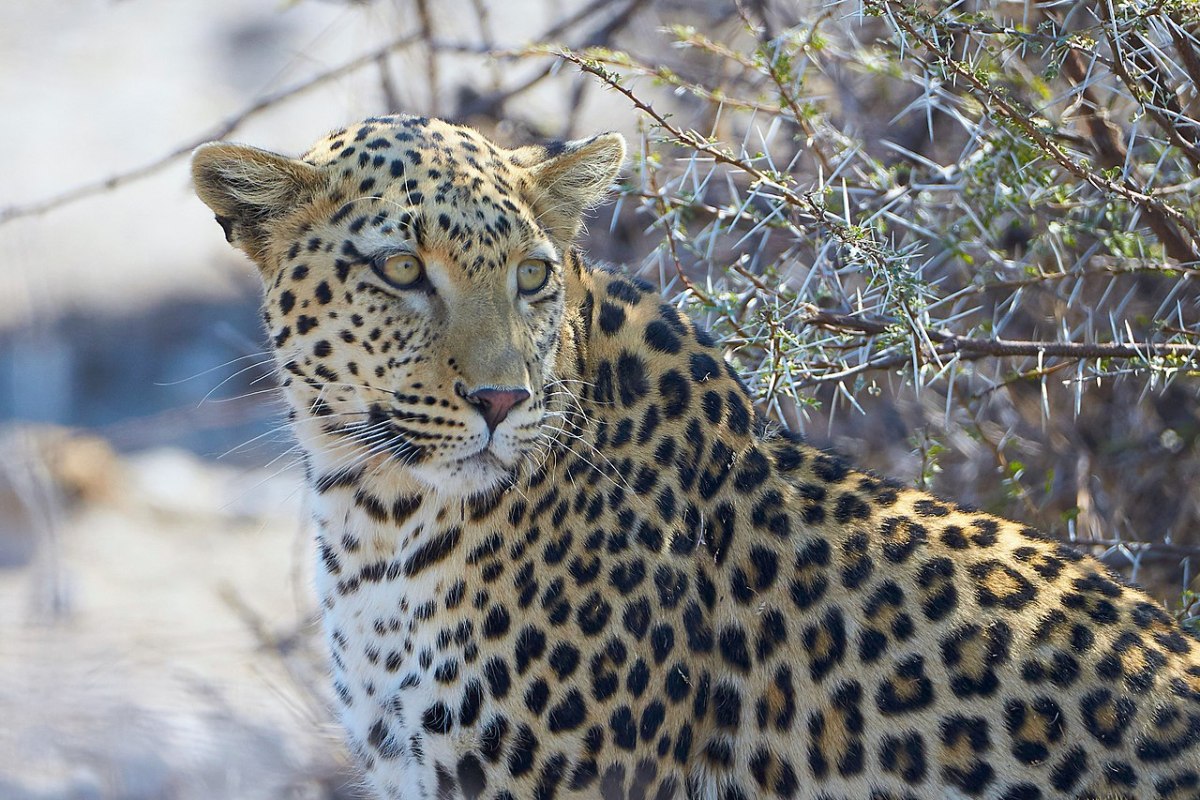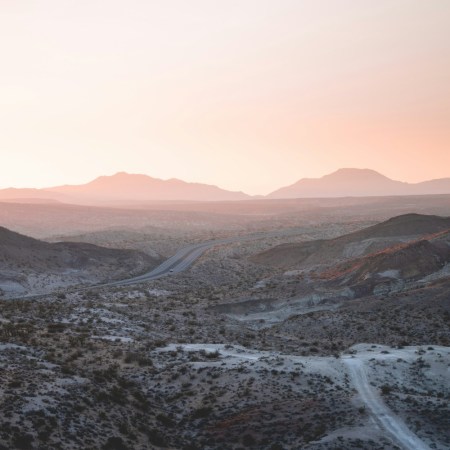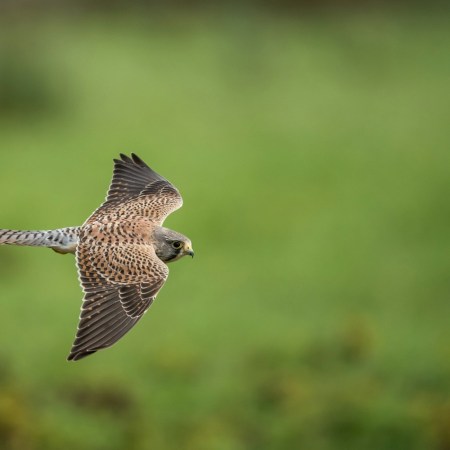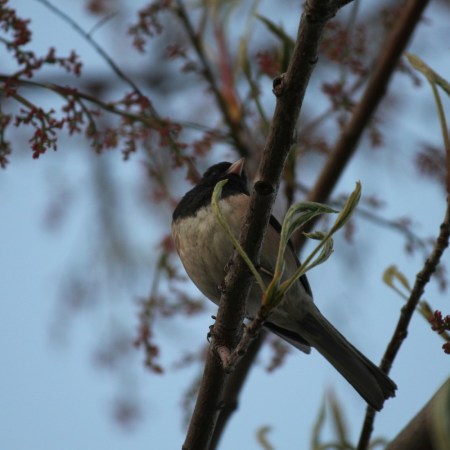What happens when wildlife traffickers experience a higher-than-usual demand for tigers? Unfortunately, this doesn’t mean that people are calling out for tigers of their very own that they can raise; instead, the increased demand is for body parts taken from tigers after they’ve been killed. Some traffickers have opted to substitute parts of other big cats for the more in-demand tiger parts.
Perhaps the theory behind it is that if you’re already engaged in one illicit activity, a bit of fraud on top of that is unlikely to make things any worse than they already are.
Writing at The Guardian, Patrick Greenfield explores this disturbing trend. The information comes from a new report from the United Nations’ Office on Drugs and Crime (UNODC). The report notes that the increased demand for animal parts has led to concern over the fates of numerous endangered species.
A rise in seizures of tiger products, which commonly include bones for tiger wine and tiger paste in China and Vietnam, has meant that traffickers are increasingly sourcing parts from other big cats, passing them off as tiger products in some cases.
The report notes that jaguars, clouded leopards and snow leopards have all been used for this purpose. The agency is also worried that lions may face a similar fate.
Unsurprisingly, the controversial nature of tiger wine has gotten the beverage some media coverage in the past — including a 2015 article in Vice, which noted that wild tigers are generally preferred over farmed tigers raised within China.
The very rarity of wild tigers holds a certain cachet with some high-rolling Chinese consumers who would rather pay the often astronomical prices for wild tiger parts, believing them to be more “pure” and desirable than their farmed counterparts.
It’s an unsettling aspect of commerce; hopefully, the UN report will raise awareness and curb some of these illegal practices.
Subscribe here for our free daily newsletter.
Thanks for reading InsideHook. Sign up for our daily newsletter and be in the know.


















